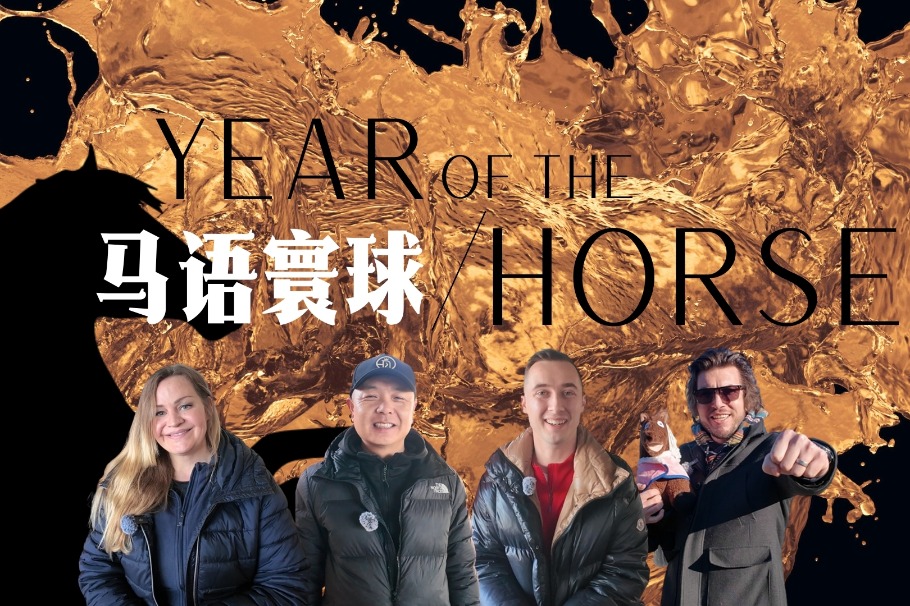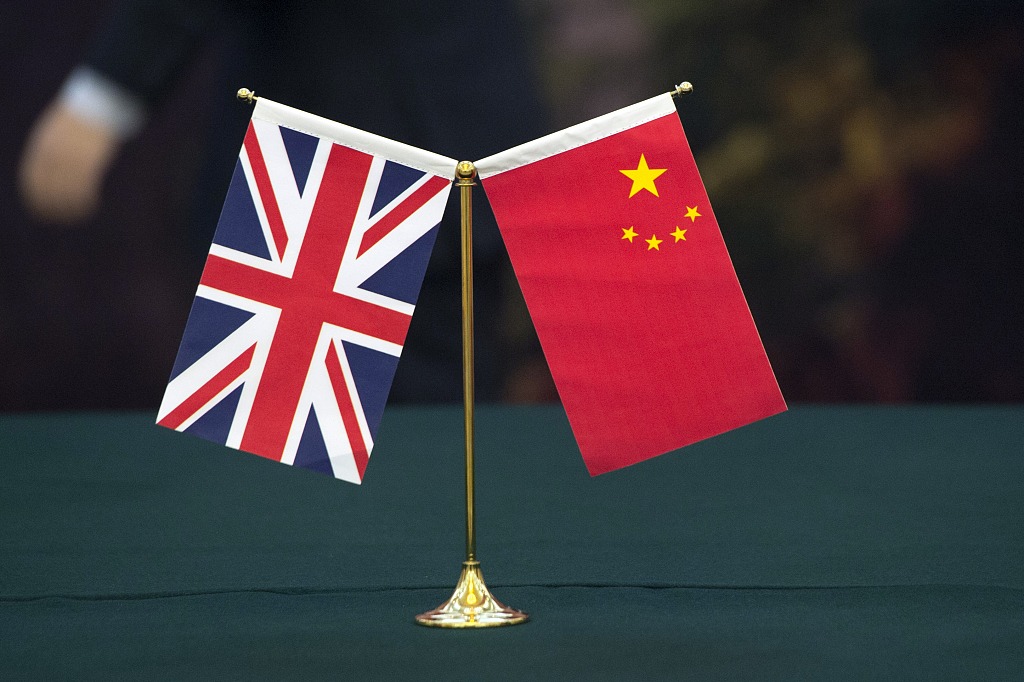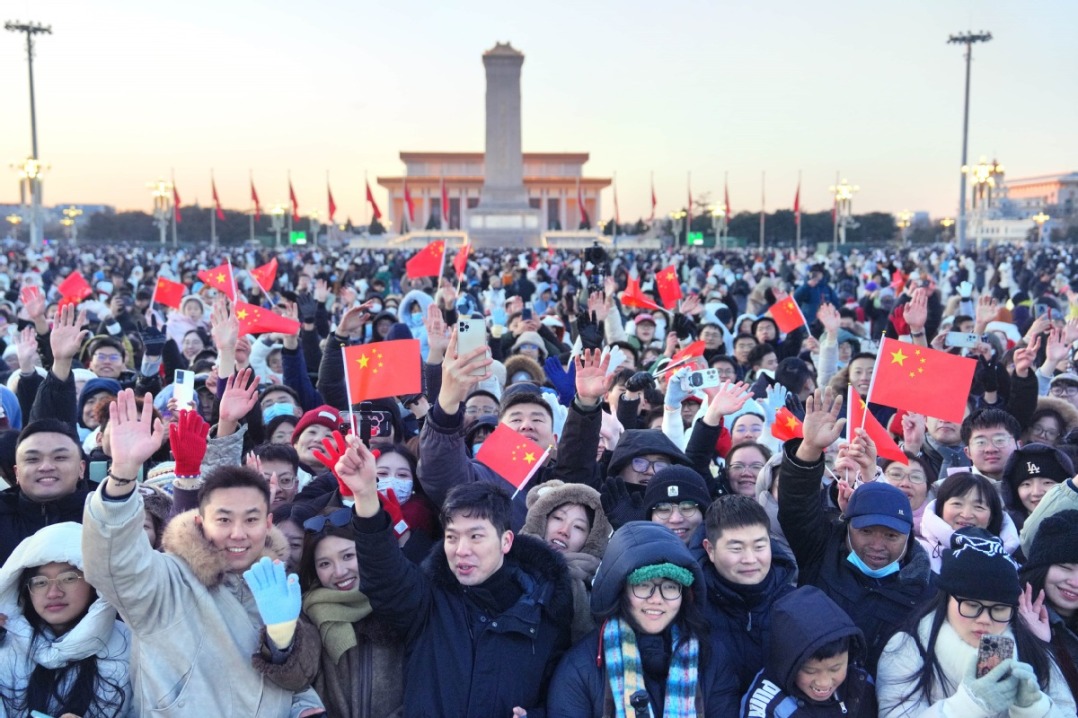The rule of law should be respected


Editor's note: Robert Lloyd Schellenberg, a Canadian citizen, was sentenced to death on Jan 14 for smuggling drugs. The verdict delivered by the Dalian Intermediate People's Court in a retrial has prompted the Canadian government to seek leniency for the convict. Is the sentencing fair? And will the case further strain China-Canada relations? Four experts share their views on the issue with China Daily's Liu Jianna. Excerpts follow:
Court judgment beyond reproach
In these sensitive times, it is natural for some foreigners to make some wild guesses and connect the case with the recent Sino-Canadian row. Yet from the legal point of view, the trial is indisputable and the court's judgment in complete conformity with all legal norms.
Perhaps out of a lack of knowledge of China's jurisprudence, some people overseas have raised doubts on the non-use of the principle of no additional punishment in appeal and the seemingly speedy trial.
However, the principle of no additional punishment in appeal is used strictly under prescribed conditions. Once new evidence or facts emerge, as the Schellenberg case reveals, accordingly, the court could and should readjust the sentencing in line with law. The court handed down the death penalty because new testimony showed Schellenberg to be the principal criminal in the case.
Besides, in the spirit of law, a verdict should be pronounced in court and deferred only if the case is too complicated and more time is needed to prepare the judgment document. Therefore, there is no basis to assume the trial was wrapped up hastily and without following legal procedures.
Now that Schellenberg has decided to appeal, the possibility of a change in the verdict cannot be ruled out. Nonetheless, the defendant deserves the death penalty because he tried to smuggle 222.035 kilograms of methamphetamine, an unimaginably huge amount that has shocked people both at home and abroad.
Irrespective of all the conjectures relating to politics and international relations, both the judgment and the legal procedure are strictly in conformity with law. So China's judicial authority should be given its due respect.
That some Western media outlets and commentators have raised questions over China's fair use of law and ignored Canada's abuse of legal procedures in arresting Meng Wanzhou, Huawei's chief financial officer, at the request of the United States is regrettable.
Wang Sixin, a professor of law at the Faculty of Literature and Law, Communication University of China
Understanding of law needs to be improved
There are some points in the case that are open to debate. For example, why did the authority take so long to affirm the defendant is the principal criminal? Was the legal work over the past four years problematic in some way?
More specifics would help quell such doubts even though the court ruling and legal procedure in the case is in line with law.
But what's most important is that the case should be discussed in legal terms. Unfortunately, skeptics in Western media, even some populists at home have raised doubts over the case in the context of international relations. Such guesswork has shifted public attention away from where it should be, that is, the rule of law.
Certain foreign media outlets claim the verdict in the case is China's way of taking revenge against Canada for arresting Meng Wanzhou while some Chinese netizens have applauded the case to vent their fury against Canada's wrongful treatment of Meng.
These two groups have made the same mistake of putting an irrelevant issue, be it conspiracy or nationalism, above the law, revealing their serious lack of understanding of the rule of law.
Zhao Jun, a professor of law at Beijing Normal University
Case shows different views on the question of drugs
The disputes over the case reflect the difference in the two countries' approach to drugs. The use of narcotics is strictly forbidden in China, while the recreational use of marijuana is now legal in Canada. As such, clemency for a drug dealer, as sought for Schellenberg by Canada's Foreign Affairs Minister Chrystia Freeland, may make sense in Canada, but not in China. Foreigners should obey China's laws the moment they set foot on Chinese soil.
It should be made clear that the handling of the Schellenberg case has nothing to do with international relations. China will never tolerate such a serious breach of law even by a national of a country with which it has very strong ties.
Western countries may put criminals' human rights above the common good. But China will not refrain from punishing criminals according to law to safeguard public safety and interests. If there is anything wrong with the verdict, it is that the Dalian court should have sentenced Schellenberg to death in the first trial itself.
Mei Xinyu, a researcher at the International Trade and Economic Cooperation Institute of the Ministry of Commerce
Overall bilateral ties must not be sacrificed
China and Canada should come out of the shadows of the Meng Wanzhou and Schellenberg cases, and choose what's best for the two countries and the two peoples. As simple as it may seem, it is unnecessary to give away the two countries' common interests due to controversies over individual cases.
Moreover, it is important that countries including Canada act cautiously so as to avoid becoming a victim of Sino-US trade frictions, especially because China and the US are still engaged in negotiations and seeking cooperation. Although the US has forced countries including Canada and Poland to take sides and pressure China, they have not engaged in an all-out confrontation.
There is still room for easing tensions in Sino-US relations despite the qualitative change in the US' China policies. The superpower's allies should think twice before succumbing to its intimidation and enticement tactics.
Zhu Feng, director of the Institute of International Studies at Nanjing University


































